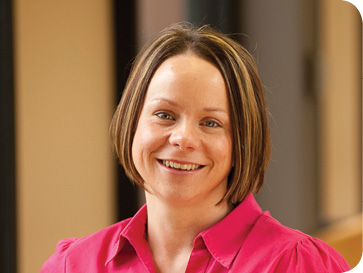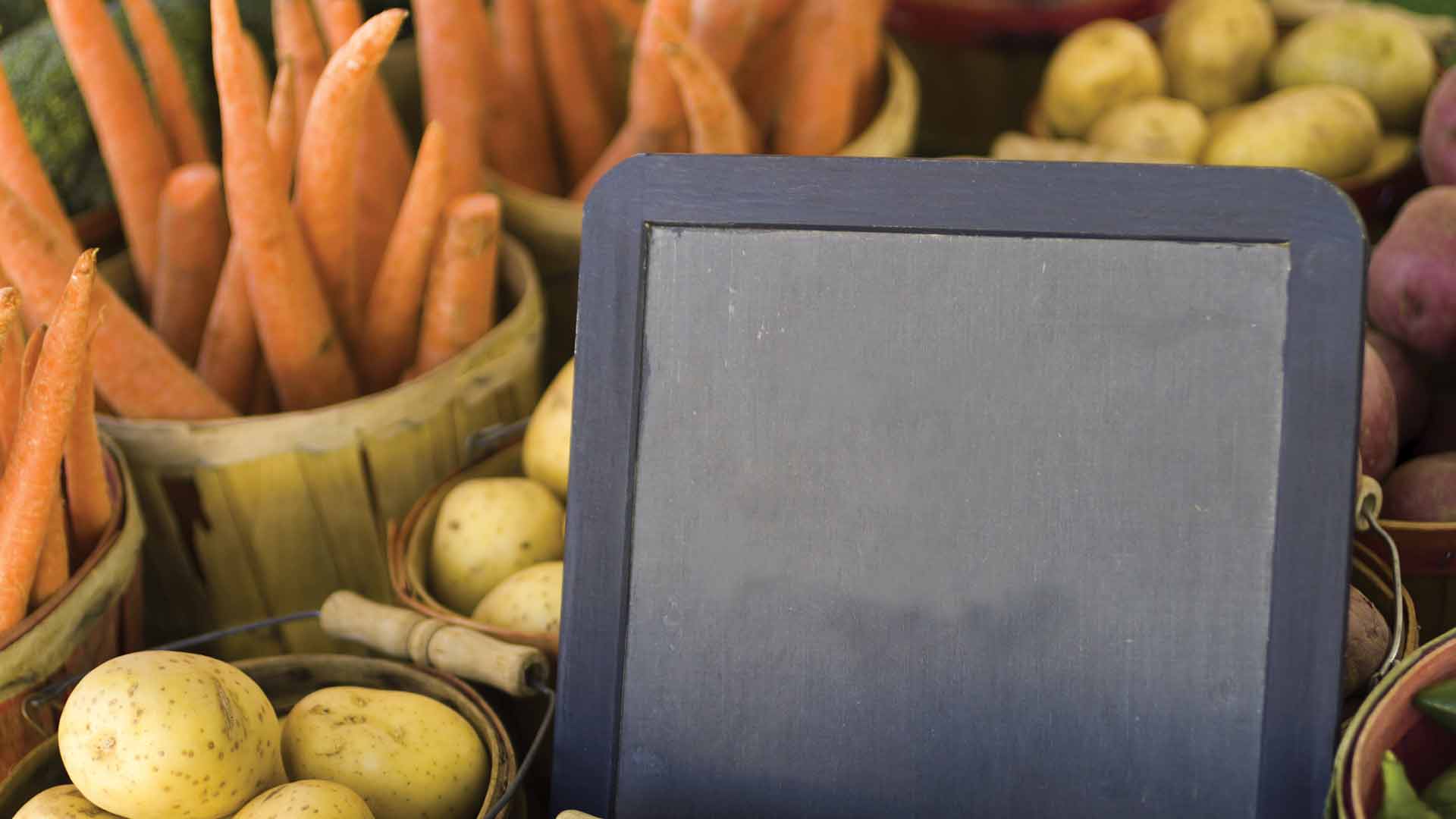–by Carissa Nath, Meats Scientist and Harold Stanislawski, Project Development Director 

Buying local. Knowing where food comes from. Eating healthier. These are all trends in food consumption, and food hubs are one way that towns and regions are giving consumers more access to local, fresh foods. Food hubs connect growers with local places needing healthy food such as schools, large businesses and health care facilities, and help grow the local and regional economies at the same time.
Food hubs often have four purposes:
1. Aggregating locally grown food from area growers in a central location;
2. Distributing the product to the local organizations and businesses that need it;
3. Marketing the locally grown food; and
4. Training and educating area food entrepreneurs.
Lake Country Services Cooperative (LCSC) in Fergus Falls, Minnesota, started exploring a food hub in order to meet the local schools’ need for fresh produce. With the assistance of an active advisory team and partnerships with PartnerShip 4 Health and Minnesota Extension Service, the cooperative is using feasibility grant funds from the Minnesota Department of Agriculture to determine a startup plan for the food hub. They also received an equipment grant to purchase coolers, a delivery truck, scales and stainless steel worktables to fulfill the packaging and delivery services of the hub. The co-op started their work with market surveys—determining, for example, what growers are interested in selling and what school districts and larger institutions would pay for the produce if it was available.
LCSC recently completed its pilot season, which ran for 12 weeks from September through early November. “We delivered about 36,000 pounds of fresh produce to 11 school districts, health care and day care facilities,” says Jane Eastes, director of operations for LCSC. “We were very heartened to find that people loved the food cooperative and that it worked well for them. We have 80,000 pounds of food promised to be purchased next season—this is more than double what we sold during the pilot season.”
Not only does LCSC have the orders, but they also have committed growers. They’ve matched what’s needed with what’s grown. “We call ourselves matchmakers,” says Eastes.
So what does AURI have to do with food hubs? As the food hub idea grows, we are seeing two needs evolve that AURI staff are equipped to assist with:
Food safety: When food is brought to the hub, some of which comes in large quantities, it has to be handled and processed safely. Food safety should always be top-of-mind when processing food for human consumption. One of the ways AURI is equipped to help ensure food safety is through Hazard Analysis and Critical Control Points (HACCP) training, which helps attendees learn a preventative approach to food safety and reduce risk in the food production process.
Food processing: One of the challenges with food hubs in Minnesota is helping fresh produce last through the longer winter. Further processing—such as dehydration as just one example—could help ensure the healthy food is available throughout the year. In addition, there’s the opportunity for unique products to be made from this produce to help it last a long time. AURI can assist food hubs with its technical expertise in recipe formulation and nutritional analysis. If there isn’t a food hub in your community, keep your eyes out, as it may be just around the corner.
